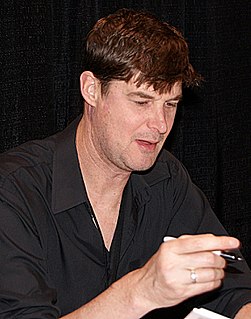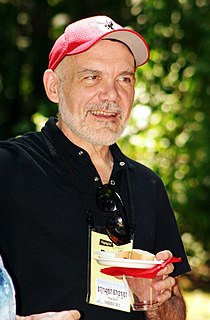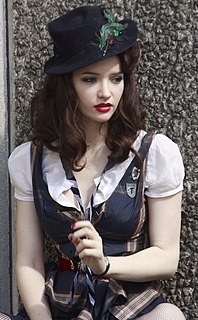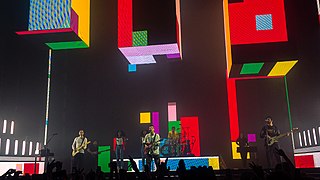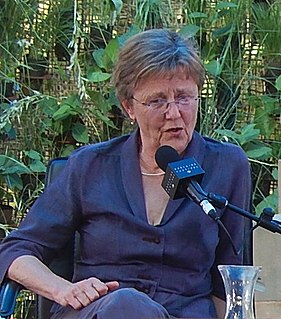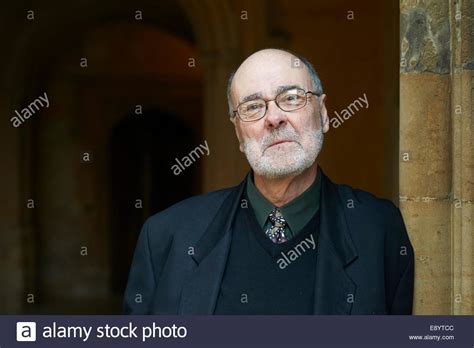Top 1200 Great Novels Quotes & Sayings - Page 3
Explore popular Great Novels quotes.
Last updated on November 24, 2024.
The structure of my novels has nothing to do with the narrative mode of cinema. My novels would be very difficult to film without ruining them completely. I think this is the area where writers need to place ourselves: from a position of absolute modernity and contemporaneity, creating a culture of objects which cinema cannot.
Sir,’ said Stephen, ‘I read novels with the utmost pertinacity. I look upon them--I look upon good novels--as a very valuable part of literature, conveying more exact and finely-distinguished knowledge of the human heart and mind than almost any other, with greater breadth and depth and fewer constraints.
The writers who inspire me most are all women: Enid Blyton, Agatha Christie, Margaret Mitchell and Emily and Charlotte Bronte. As for contemporary novels, one of my favourites is 'Everyone Brave is Forgiven' by Chris Cleave. It's the sort of book to read if you've fallen out of love with reading - it reminds you just how brilliant novels can be.
All my novels are rooted in their time and in their place. The place of my novels is Israel, almost without exception. Almost without exception, my novels are rooted in Israel because that's the place I know well. And, that's my gutsy advice to any young writer: write only about what you know well. Don't write about that which you don't know.
I often say to my students in workshops that if they are trying to find literary inspiration, they should not go and read novels, because novels are more appropriate for series. Where as they should read short stories - that's the right format for you to be able to actually display the narrative in a film.
My major preoccupation is the question, 'What is reality ?' Many of my stories and novels deal with psychotic states or drug-induced states by which I can present the concept of a multiverse rather than a universe. Music and sociology are themes in my novels, also radical political trends; in particular I've written about fascism and my fear of it.
Most beginning writers - and I was the same - are like chefs trying to cook great dishes that they've never tasted themselves. How can you make a great - or even an adequate - bouillabaisse if you've never had any? If you don't really understand why people read mysteries - or romances or literary novels or thrillers or whatever - then there's no way in the world you're going to write one that anyone wants to publish. This is the meaning of the well-known expression "Write what you know."
I do not think novels are necessarily more worthwhile than games. A novel can be a trivial waste of time, and a game can teach. Whatever the genre, I think a successful narrative allows us to participate, to try on new roles and points of view. At their best, novels and games serve as vehicles for discovery.
In the end, of course, all novelists will be judged by their novels, but let's not forget that we will also need new ways of assessing the latter. There are people who will continue to write nineteenth-century novels in the early twenty-first, and even win major prizes for them, but that's not very interesting, intellectually or emotionally.
If you read novels of the 19th century, they're pretty experimental. They take lots of chances; they seem to break a lot of rules. You've got omniscient narrators lecturing at times to the reader in first person. If you go back to the earliest novels, this is happening to a wild extent, like 'Tristram Shandy' or 'Don Quixote'.

